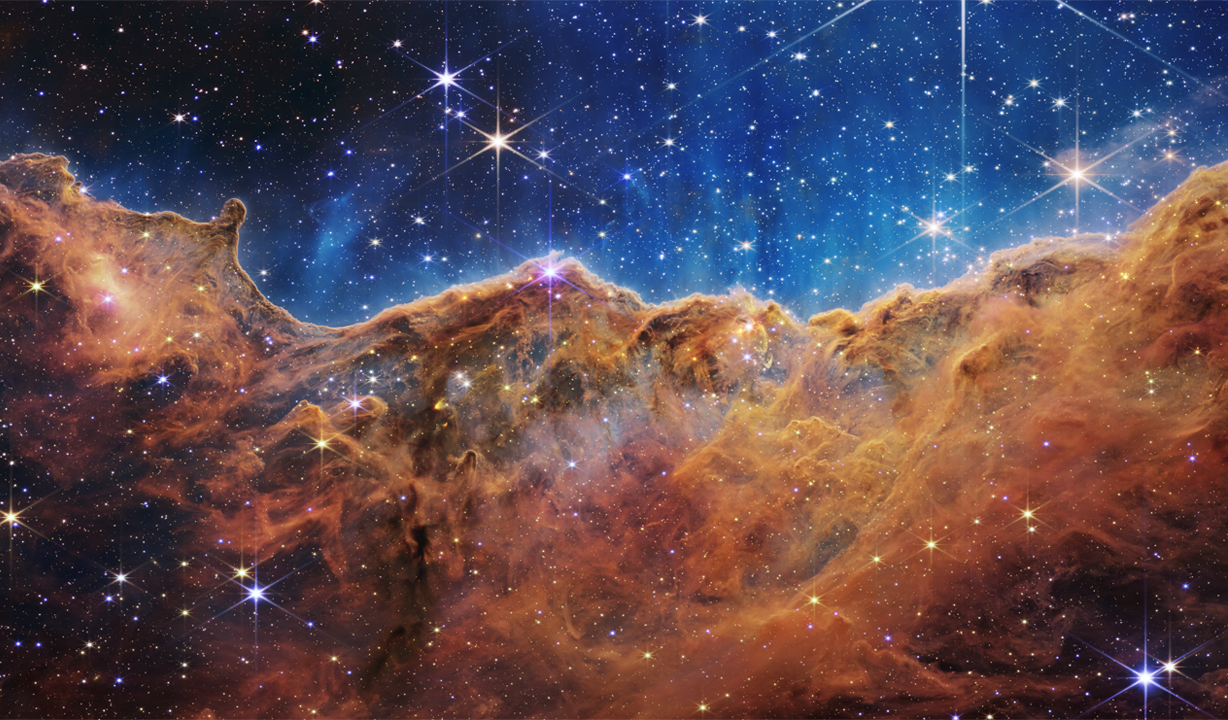Astronomers most often use redshift to determine the distance of galaxies.
“Astronomers also use redshift to measure approximate distances to very distant galaxies. The more distant an object, the more it will be redshifted.”
https://lco.global/spacebook/light/redshift/
“Astronomers use redshifts to measure how the universe is expanding, and thus to determine the distance to our universe’s most distant (and therefore oldest) objects.”
https://earthsky.org/astronomy-essentia … -redshift/
But, there’s an interesting anomaly with this. Most of the galaxies we measure using the redshift technique shows they are farther than it would take for light to travel for the entire age of the universe.
In other words, if the redshift measurement technique is correct, galaxies must be moving faster than the speed of light.
“Eventually, you’ll start viewing galaxies that are so far away that the light from them will be so severely redshifted that they’ll appear to approach, reach, and even exceed the speed of light beyond a certain distance.”
https://www.forbes.com/sites/startswith … 5de02172a2
Most of the Universe we can see is already racing away at faster than the speed of light.
https://www.universetoday.com/122768/ho … han-light/
97% of the galaxies in the observable universe are moving away from us faster than the speed of light.
So, why do most of the galaxies we observe appear to be moving faster than the speed of light?
If those galaxies are moving away from Earth at nearly the speed of light, you would expect they could only be about 26 billion light-years from Earth when we detected their light of 13 billion years ago. So, those galaxies moved at least an ADDITIONAL 22 billion light-years away in the 13 billion years it took their light to reach us. Is space expanding 1.7 times (or more) the speed of light? I thought the expansion of space itself only exceeded the speed of light during inflation at the very beginnings of the big bang.This is a really good question, and one that a lot of people – including professional astronomers – have a hard time wrapping their head around.
https://askanastronomer.org/bhc/faq/201 … han-light/
So, how can cosmologists resolve this? Of course, they add another ad hoc explanation, that the space-time fabric is expanding.
https://debatingchristianity.com/forum/viewtopic.php?p=1097437#p1097437
